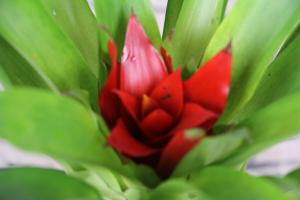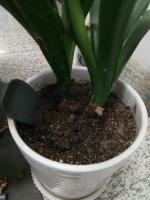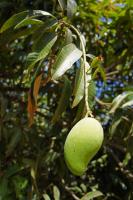Is Rainwater or Tap Water Better for Plants?
When it comes to watering plants, many people wonder whether rainwater or tap water is better. Both have their advantages and disadvantages, and the answer ultimately depends on the specific needs of your plants and your local climate. In this article, we will explore the differences between rainwater and tap water and help you decide which is best for your plants.
The Benefits and Drawbacks of Rainwater
Rainwater is often touted as the best option for watering plants, and for good reason. It is natural, free, and contains many essential nutrients that plants need to grow. Rainwater is also pH neutral, which means it won't alter the acidity of your soil or harm your plants.
However, there are also some drawbacks to using rainwater. First, you obviously can't control when it rains, so you may not always have access to enough water for your plants. Second, depending on where you live, rainwater can be contaminated with pollutants or chemicals, which can harm your plants.
The Pros and Cons of Tap Water
Tap water is a convenient and easily accessible source of water for plants. It is also treated to remove harmful bacteria and other contaminants, which can be beneficial for your plants. However, tap water can be slightly acidic or alkaline, depending on your location, which may not be ideal for some plants. Additionally, tap water usually contains chlorine, which can be toxic to plants in large quantities.
Another factor to consider is the temperature of tap water. If the water is too cold or too hot, it can shock your plants and cause damage. It is best to let tap water sit for a few hours before using it to water your plants, as this will allow it to reach room temperature and dissipate any chlorine that may be present.
Which Water is Best for Specific Plants?
Ultimately, the choice between rainwater and tap water will depend on the specific needs of your plants. For example, if you have acid-loving plants like azaleas or blueberries, you may want to use rainwater or treated tap water with a lower pH. On the other hand, plants like succulents or cacti may prefer tap water, as they can tolerate slightly alkaline soil.
It is also important to take into account the local climate and rainfall patterns in your area. If you live in a dry, arid climate with little rainfall, you may need to rely more heavily on tap water. Conversely, if you live in a rainy climate with frequent showers, you can probably rely more on rainwater.
Conclusion
In the end, there is no one-size-fits-all answer to the question of whether rainwater or tap water is better for plants. It will depend on a variety of factors, including your specific plants, your local climate, and your own personal preferences. However, with a little bit of experimentation and research, you can easily determine the best water source for your plants and help them thrive.

 how many times do yo...
how many times do yo... how many planted tre...
how many planted tre... how many pine trees ...
how many pine trees ... how many pecan trees...
how many pecan trees... how many plants comp...
how many plants comp... how many plants can ...
how many plants can ... how many plants and ...
how many plants and ... how many pepper plan...
how many pepper plan...
































